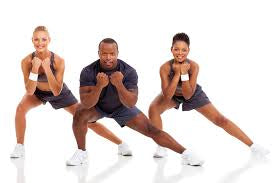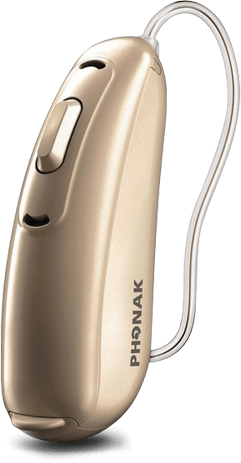
10 reasons why exercise helps with your hearing.
- Those who are healthy and exercise regularly are prone to less ear wax.
- Regular exercise can prevent, or at least significantly slow, age related hearing loss. As you age, inflammation can damage hair cells, nerve cells, and capillaries, so your ears won’t be working well, or even getting enough oxygen. When you exercise the body is protected against age related inflammation, and cardiovascular health is improved, which keeps blood circulating throughout your body and your ears.
- Cardiovascular fitness contributes to better neural integrity in the cochlea, specifically the outer hair cells by ensuring ample supplies of oxygen rich blood to surrounding organs. Another possible explanation is that people who are heart healthy maintain overall health hence limiting damage to hearing due to noise exposure, medications and disease.
- Can help stress, anxiety and manage Tinnitus.
- Exercise can be social. Research has shown we live longer and have a better quality of life when we belong to a tribe. Laughing and staying connected is simply great for the soul too.
-
Yoga, Pilates and meditation helps you be more intuitive and allows you to be present to really listen to your body’s needs. It is known several yoga postures are good for the ears and may help to rebalance air pressure and restore hearing. According to livestrong.com one specific yoga asana is Karnapidasana, or the ear press. Lie flat on your back with your legs stretched out. Bend your knees and raise your legs so that your thighs are pressing against your ears and your toes are touching the ground behind your head. Continue normal breathing and hold the pose for three to six seconds. Please note anyone with a neck injury, high blood pressure or asthma should avoid this pose. Beginners, or those with limited flexibility, might feel more comfortable resting their knees or feet on booster blocks.


- Other simple exercises to open the Eustachian tube and restore normal ear pressure include forcing yourself to yawn, holding your nose while swallowing, gently blowing your nose into a tissue or sucking on a sweet. If these exercises still don't work, exercises to unblock the sinuses may do the trick.
- Many studies confirm improved aerobic fitness boosts cognitive processing speed, motor function, and visual and auditory attention. Highly oxygenated blood is good for your brain, poorly oxygenated blood, weakened with excessive cholesterol, triglycerides, and sugar, risks your health in many ways, including your hearing.
- Studies of people in noisy jobs have shown that people in good physical shape suffer fewer adverse effects from the noise. The risk of hearing loss almost doubled in people in bad shape. Noise may break down the hair cells in the inner ear. The cells are unable to regenerate making ear protection a better preventive measure than exercise, alone.
- Several weeks of physical training may improve the hearing ability by several dB and strengthen the ear's defenses against noise damage, according to a study reported in Scandinavian Audiology, vol. 27 1998. Women with low body fat and in shape because of regular exercise also were found to experience temporary threshold shifts less frequently than less fit people, according to Medicine and Science In Sports and Exercise, February,1998.

Adding at least 30 minutes a day to your schedule will help you with your hearing health as well as your physical and emotional wellbeing. Just make sure you don't have that music too loud. We hope this has inspired you today.





